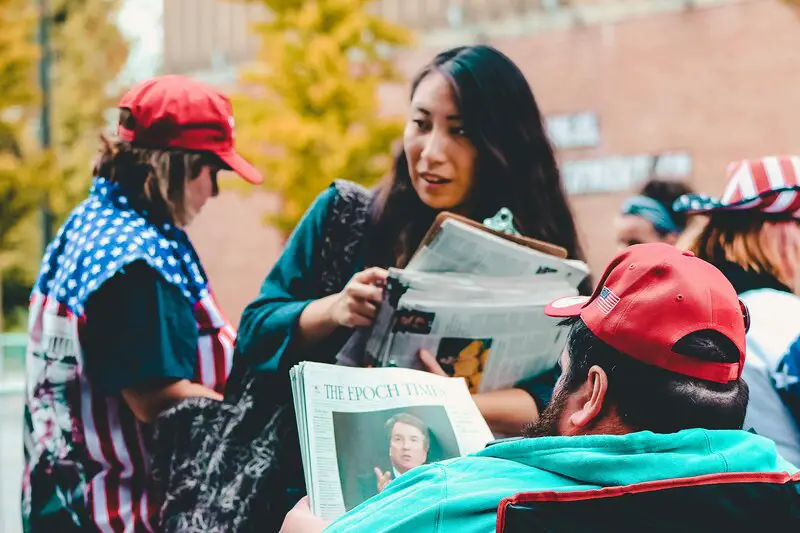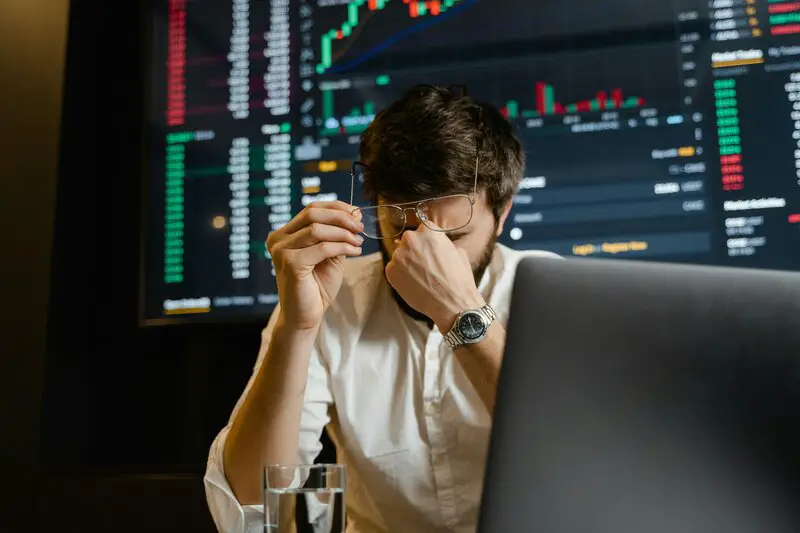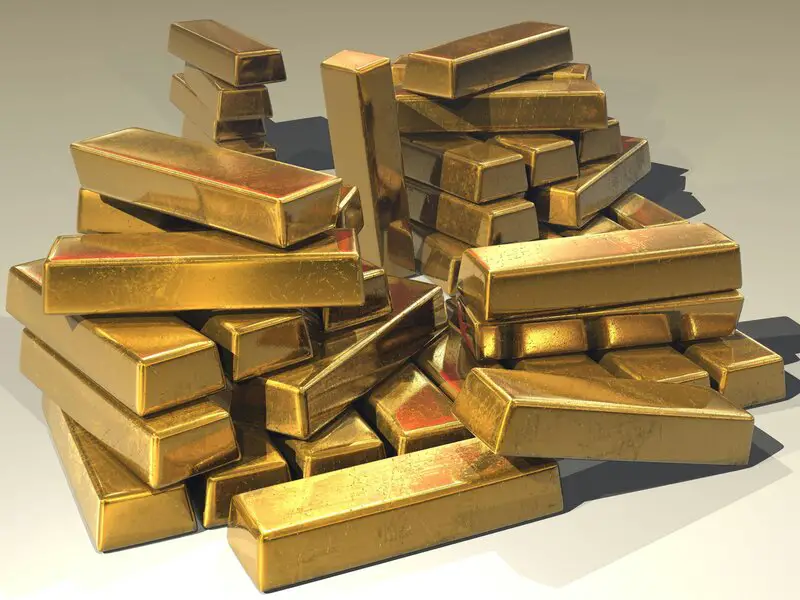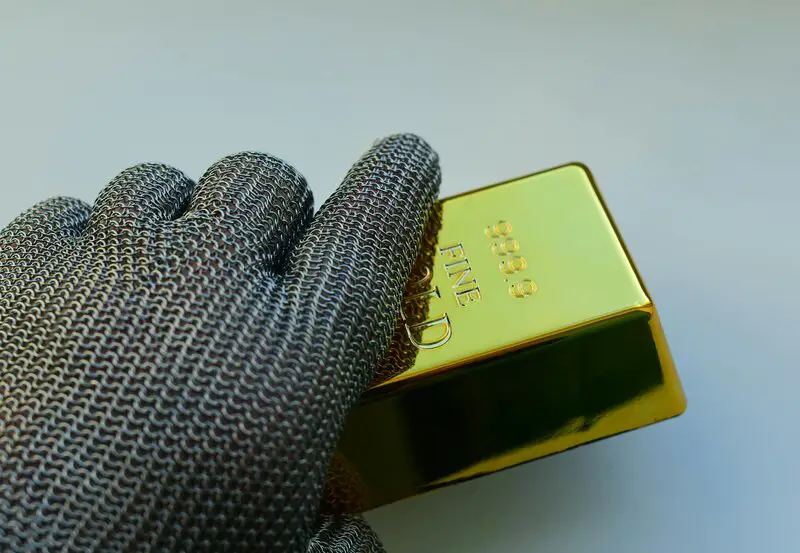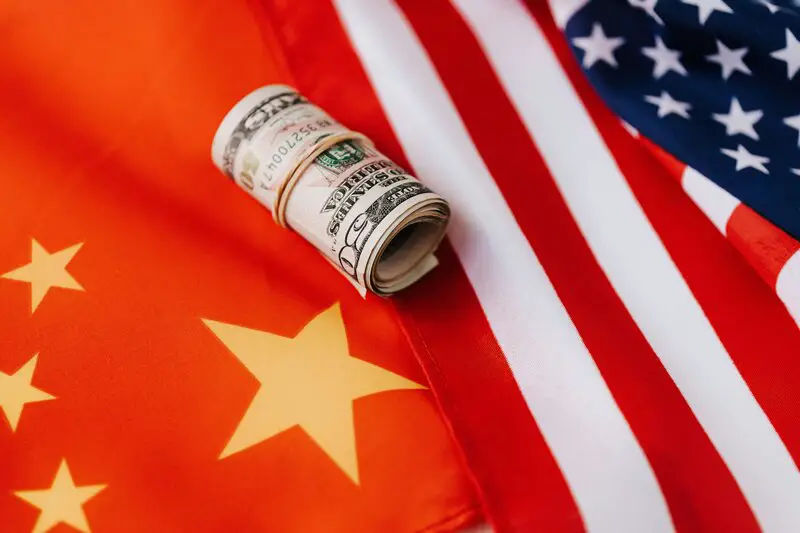Gold has long been considered a safe haven asset — a store of value when everything else seems uncertain. One of the key drivers behind gold's price movements is geopolitics. Wars, elections, political instability, and major international tensions all play a part in shaping investor sentiment, market behaviour, and ultimately, the price of gold.
In this guide, we'll explore how various geopolitical events have historically influenced gold prices and what this means for investors today.
Why Geopolitics Matter to Gold Investors
Gold is unique in that it isn't tied to the performance of any specific company or economy. Instead, it's often seen as a hedge against risk, especially during times of global turmoil. When uncertainty rises, investors flock to gold to preserve their wealth, increasing demand and pushing prices up.
Types of Geopolitical Events That Move Gold Prices
1. Wars and Military Conflicts
Historically, gold prices have often surged during periods of war or escalating conflict. This is driven by fear of economic fallout, market volatility, and potential supply disruptions.
Gulf War (1990–91)
Gold prices rose significantly during the early stages of the conflict, driven by fears of oil price spikes and economic instability.
Russia-Ukraine Conflict (2022)
Gold surged above $2,000 per ounce in early 2022 as geopolitical tensions soared, and investors sought safety.
2. Political Instability
Political unrest within a country, particularly those with large economies or significant geopolitical influence, can create uncertainty about future economic policy, trade, or market stability. This pushes investors to reallocate into safe assets like gold.
| Event | Year | Impact on Gold |
|---|---|---|
| Brexit Vote | 2016 | Uncertainty around the UK's EU exit triggered a flight to safety, causing gold to rally |
| US Political Unrest (Capitol riots) | 2021 | Events raised fears about national governance and stability, indirectly fuelling gold demand |
3. Elections and Policy Changes
Elections in major economies can influence gold prices depending on the perceived impact of the potential winner's policies. Investors evaluate the likelihood of inflation, currency devaluation, or international instability depending on who is projected to win.
Election Examples
- US Elections: Often accompanied by short-term spikes in gold volatility, particularly if results are close or contested
- Populist Surges in Europe: Election wins by populist leaders sometimes trigger market fears about EU unity or national debt levels, boosting gold
4. International Sanctions and Trade Wars
Trade tensions, especially between major economies like the US and China, can lead to supply chain disruptions, inflationary pressures, and economic slowdowns — all of which increase gold's appeal.
5. Currency Crises and Hyperinflation
Geopolitical unrest often coincides with or causes severe economic distress. In countries where currency values collapse due to mismanagement, war, or sanctions, gold becomes a critical store of value.
Venezuela
Gold retained value while local currency became essentially worthless
Zimbabwe
Gold preserved wealth during hyperinflation crisis
Turkey (2018–present)
Political instability triggered currency crisis, leading to increased domestic gold buying
How Investors React to Geopolitical Risk
When geopolitical tensions escalate, investors usually respond in a few predictable ways:
Flight to Safety
Capital flows out of riskier assets (stocks, bonds) and into gold
Currency Hedging
Investors buy gold to protect against local currency devaluation
Diversification
Portfolio managers add gold as hedge against systemic threats
Historical Gold Price Trends vs Geopolitical Events
Let's examine some notable periods where geopolitics clearly influenced gold markets:
| Year/Period | Geopolitical Event | Gold Price Movement |
|---|---|---|
| 1979–1980 | Iran Revolution, Soviet-Afghan War | Gold surged to $850/oz |
| 2001 | 9/11 Attacks | Sharp spike in gold prices |
| 2003 | Iraq War | Gold rose on war fears |
| 2008 | Financial Crisis | Gold began multi-year rally |
| 2014 | Crimea Annexation by Russia | Gold saw renewed investor interest |
| 2022 | Russia-Ukraine War | Gold crossed $2,000/oz briefly |
Factors That Influence the Size of Gold's Reaction
Not every geopolitical event causes gold to spike. The size and duration of gold price reactions often depend on:
Market Perception
If investors believe an event will cause widespread disruption, gold prices react more strongly.
Economic Context
If an event occurs during already fragile economic conditions, gold is more likely to surge.
Central Bank Response
Aggressive rate cuts or money printing by central banks in response to crises can further boost gold.
Media Coverage
Heavy media focus on risks can amplify investor fear and boost gold demand.
What This Means for Investors
Understanding the gold-geopolitics connection helps investors make smarter decisions:
Investment Strategy Guidelines
- Watch the News: Follow major developments in geopolitics, especially involving major powers or economic blocs
- Be Strategic, Not Reactive: Short-term spikes can present opportunities — but don't chase rallies without a strategy
- Use Gold as a Hedge: If you anticipate geopolitical instability, gold can be an effective portfolio insurance tool
- Think Long Term: Gold isn't just for crisis investing. Its role as a long-term store of value remains valid
Final Thoughts
Gold's relationship with geopolitical events is well-established. While not every headline leads to a price surge, history shows that global unrest and uncertainty frequently push investors toward gold.
